Thailand's cabinet on March 27 approved a draft law on entertainment complexes with casinos, as the government seeks to attract more tourists and build a large-scale gambling industry.
 |
| The Thai cabinet on March 27 approved a bill to legalize casinos. (Source: Reuters) |
In Thailand, gambling was once banned, except for some legal activities such as horse racing, lotteries and state-regulated sports betting.
However, over the years, the government has been pushing to legalize casinos in the hope of boosting tourism , the job market and the state budget.
The draft law, recently approved by the Thai Cabinet, imposes strict restrictions on Thai citizens who want to enter casinos. Specifically, domestic players will have to pay an entrance fee of 5,000 baht (about 140 USD) and prove that they have at least 50 million baht (equivalent to 1.47 million USD) in bank assets.
In reality, with the above financial requirements, most Thai people hardly have the opportunity to set foot in a casino, especially when the average income per capita in Thailand is only about 7,300 USD/year.
Previously, Thai Deputy Finance Minister Julapun Amornvivat proposed removing the asset requirement due to concerns that too few people would qualify. However, the Thai Cabinet still kept this provision in the official draft.
Notably, the size of the casino area must not exceed 10% of the total area of the entertainment complex, to prevent the risk of these complexes becoming miniature "gambling cities" in the heart of the country.
If passed after being submitted to the National Assembly, the draft law will continue to await approval from the Senate and the King of Thailand before officially taking effect.
In an interview with Reuters , Thai Prime Minister Paetongtarn Shinawatra stressed that the bill is not yet a final solution until the Southeast Asian country's National Assembly makes a decision.
The Pheu Thai government aims to attract at least 100 billion baht (US$3 billion) in investment into casino complexes, and expects international visitors to increase by 5-10% annually. In addition, the industry could bring in more than 12 billion baht (US$350 million) a year to the state budget.
However, alongside the promising prospects, many experts also warn about the dark side of this industry. Some political parties are concerned that legalization could exacerbate social problems such as debt, social evils and crime.
In addition, the problem of illegal gambling has existed for many years in Thailand. According to a public opinion survey in January 2025, many people opposed this bill of the Cabinet.
For Thailand, the second largest economy in Southeast Asia, tourism remains the trump card. The government expects to welcome 38 million international visitors in 2025, approaching the record of nearly 40 million before the Covid-19 pandemic. Legalizing casinos could be a catalyst to help Thailand achieve more ambitious tourism goals.
Source: https://baoquocte.vn/thai-lan-phe-duyet-du-luat-hop-phap-hoa-song-bac-mong-muon-kich-cau-du-lich-309029.html



![[Photo] Prime Minister Pham Minh Chinh chairs the second meeting of the Steering Committee on private economic development.](https://vphoto.vietnam.vn/thumb/1200x675/vietnam/resource/IMAGE/2025/11/01/1762006716873_dsc-9145-jpg.webp)






















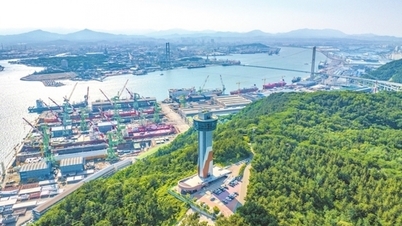






































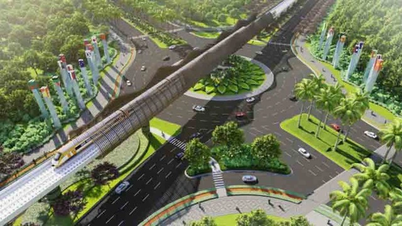








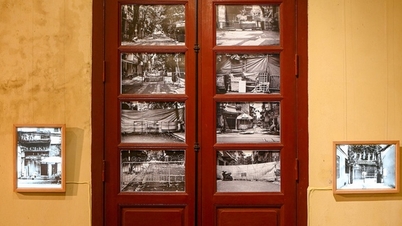









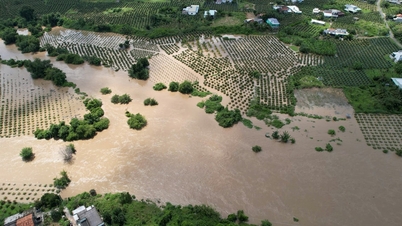


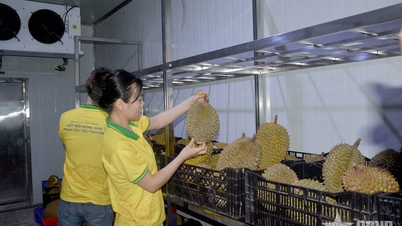










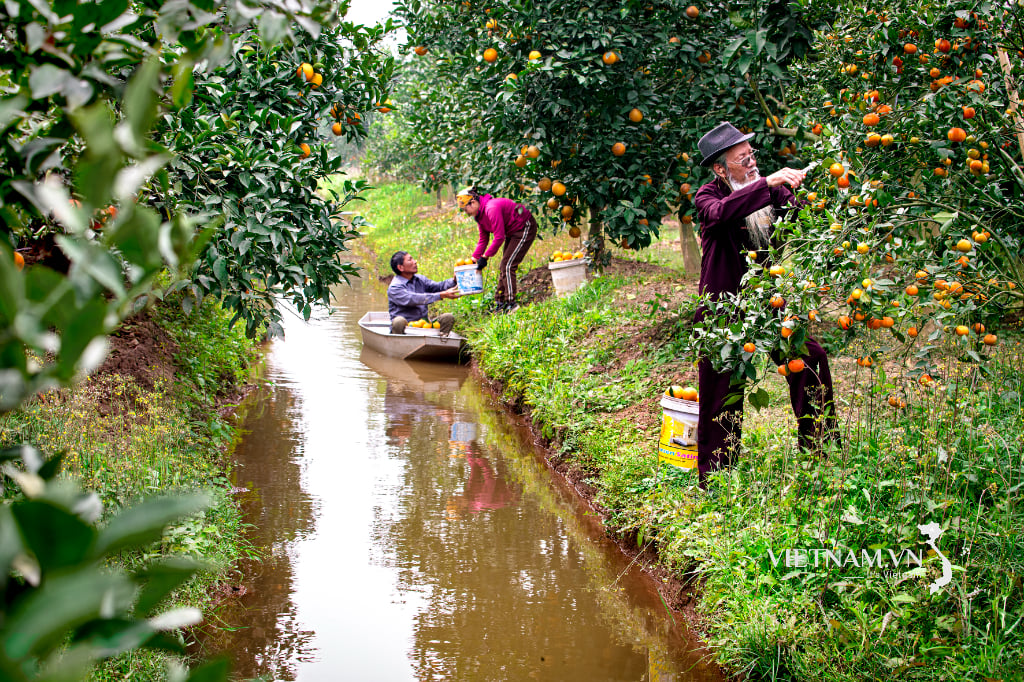



Comment (0)